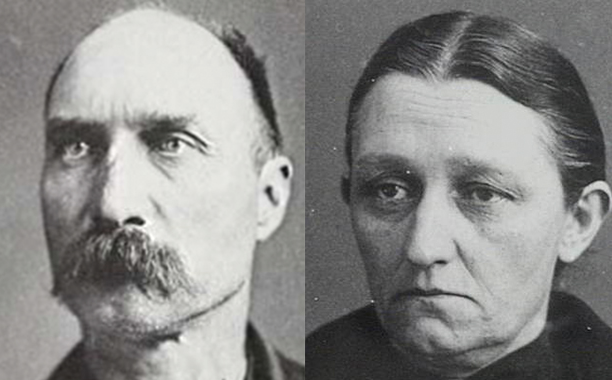
If you’ve travelled on the Inner West train lines in Sydney, then you’ve stopped at or sailed by Macdonaldtown Station, a small outdoor station in between Redfern and Newtown.
[jwplayer tPGcbXFw]
And, if you’re anything like me – a time-wasting noodlebrained idiot who gets lost in bizarrely niche Wikipedia black holes on a regular basis – you might have wondered why there’s a Macdonaldtown Station, but no suburb called Macdonaldtown to go with it. Instead, bordering the tiny station are the inner-city ‘burbs of Newtown, Erskineville and Eveleigh.
I wondered about this on my commute one day, and embarked on what I expected to be a short internet search to answer this friendly neighbourhood question. Instead it turned out to be an enormous true crime black hole, which included reading archived colonial newspaper clippings and death records, and my friends screaming at me in the pub after I disclosed the truly wild information I found out.
In short: it’s a pre-federation Australian true crime story about a diabolical husband and wife who were willing to murder a hell of a lot of helpless, innocent babies for money. Yep! BABIES!
This is the gruesome tale of how the suburb of Macdonaldtown mysteriously disappeared.
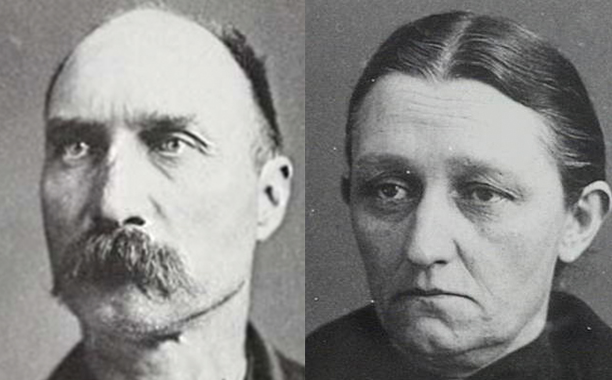
Meet Sarah and John Makin – they were baby farmers in Sydney in the late-1800s. Baby farming was pretty common in those times: young women who couldn’t raise their children due to ye olde societal misogyny and stigmatisation of unwed mothers, would secretly hand over their infants to baby farmers to raise for a fee.
However, colonial Sydney was a bloody and brutal place, and baby farming didn’t exactly bring in big dosh. It was financially beneficial for children to die in the farmers’ care, which meant that children growing up in these environments had horrific beginnings to their lives, if they made it through at all. John and Sarah learned this quickly, and embarked on a grisly, abominable plan.
They adopted babies into their care, and killed them. They would bury the bodies in the backyards or hidden in the pipes of the rental properties they lived in throughout various suburbs of Sydney. Then the couple would move house quickly and quietly in the night to dodge rent and evade suspicious landlords, as well as to escape the repeated visit requests from the oblivious mothers who were still regularly paying them to care for their beloved, long-dead children.
The Makins got away with this gruesome scheme for an unconfirmed period of time, but it all came to a head in 1892, when a house they had been renting, 25 Burren Street in Macdonaldtown, needed desperate renovations after the pair had once again abandoned it in the night to move to Chippendale.
The renovators made the sickening discovery – the bodies of two infants, their remains stuffed into a clogged pipe underneath the Burren St residence. 25 Burren Street in Erskineville/Eveleigh is still there.
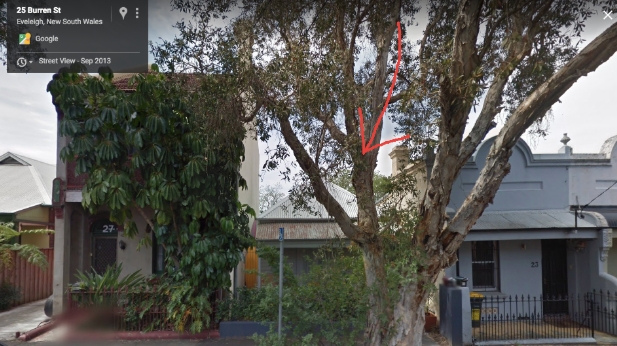
After the workmen went to the Newtown police, an investigation was opened and four more bodies were found buried at Burren St. The exact number of bodies and where each one was found is difficult to confirm, but after police investigators went back through the Makins’ eleven different rental properties from the previous few years, varying sources say 12 or 13 bodies were found in total. Local and international newspapers reported that long bloodied needles – rumoured to be hat-pins – were also found, and the cause of death was likely that the infants were pierced through the heart or spine.
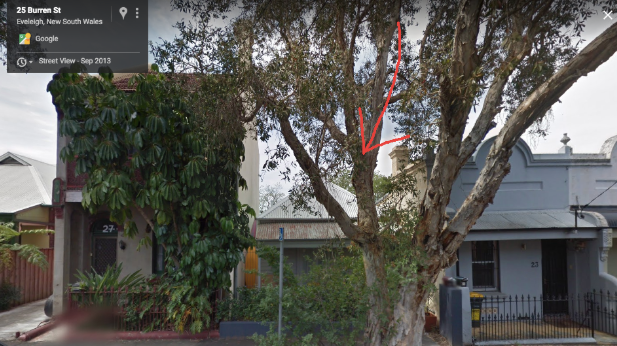
Some of the remains were unable to be identified, and although inquests were opened for some others, juries were unable to find conclusive evidence and returned open verdicts.
They were found guilty of one murder by the Sydney Supreme Court: Horace Murray. His mother, 18-year-old Amber Murray, had been paying the Makins 10 shillings a week to look after the child, but was always given an excuse when she asked to see him. She identified him by a piece of his clothing.
The Makins could not keep up with their own web of lies during the trial. Teenagers Clarice and Daisy Makin testified against their own parents, eviscerating their testimony that they had absolutely no knowledge of the children and bodies in question, essentially damning them. The only potential penalty for this crime was death.
John held up Sarah, who collapsed as Justice Stephen handed down the sentence of death by hanging, telling them:
“You took money from the mother of this child… You buried this child in your yard as you would the carcase [sic] of a dog… Three yards of houses in which you lived testify, with that ghastly evidence of these bodies, that you were carrying on this nefarious, this hellish business, of destroying the lives of these infants for the sake of gain.”
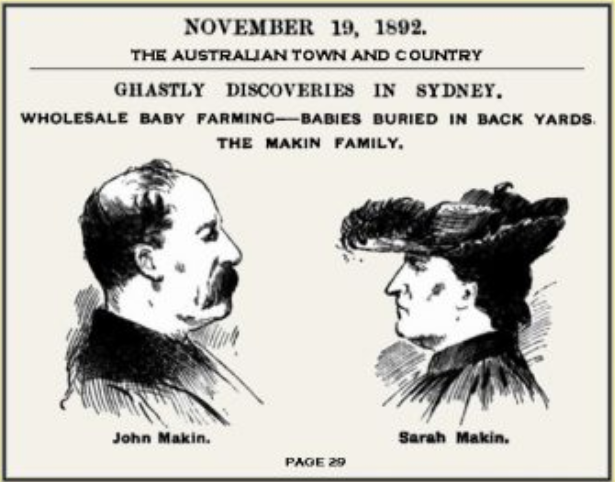
Sarah, after several appeals, had her sentence commuted and spent nineteen years in a women’s correctional facility in Long Bay. John was hanged in the gallows of Darlinghurst Gaol on the 15th of August, 1893.
In that very same year, the suburb of Macdonaldtown disappeared. Previous to the discovery of this heinous crime, locals had been campaigning for the name of the suburb to change anyway – Macdonaldtown was a rough, working class suburb, and residents wanted it named after a beloved local pastor, Reverend George Erskine, believing this would increase the housing prices and good standing of the area.
But in March 1893, just a couple of weeks after the Makins were convicted of murder, the name change went through suddenly and easily. Although there’s no definitive paperwork that states a whole suburb was effectively erased because no one wanted to live where the baby killers did, it’s pretty damn likely, and Erskineville residents still heartily recite the macabre tale at the pub anyway.
To leave you on a positive note: the story of the Makins, as gut-churning as it is, did lead to something good. Their abominable crimes raised awareness of the commonality of baby farming which led to NSW bringing in the Children’s Protection Act of 1892, meaning orphaned children would be under the state’s care, and baby farming soon became a thing of the past.



